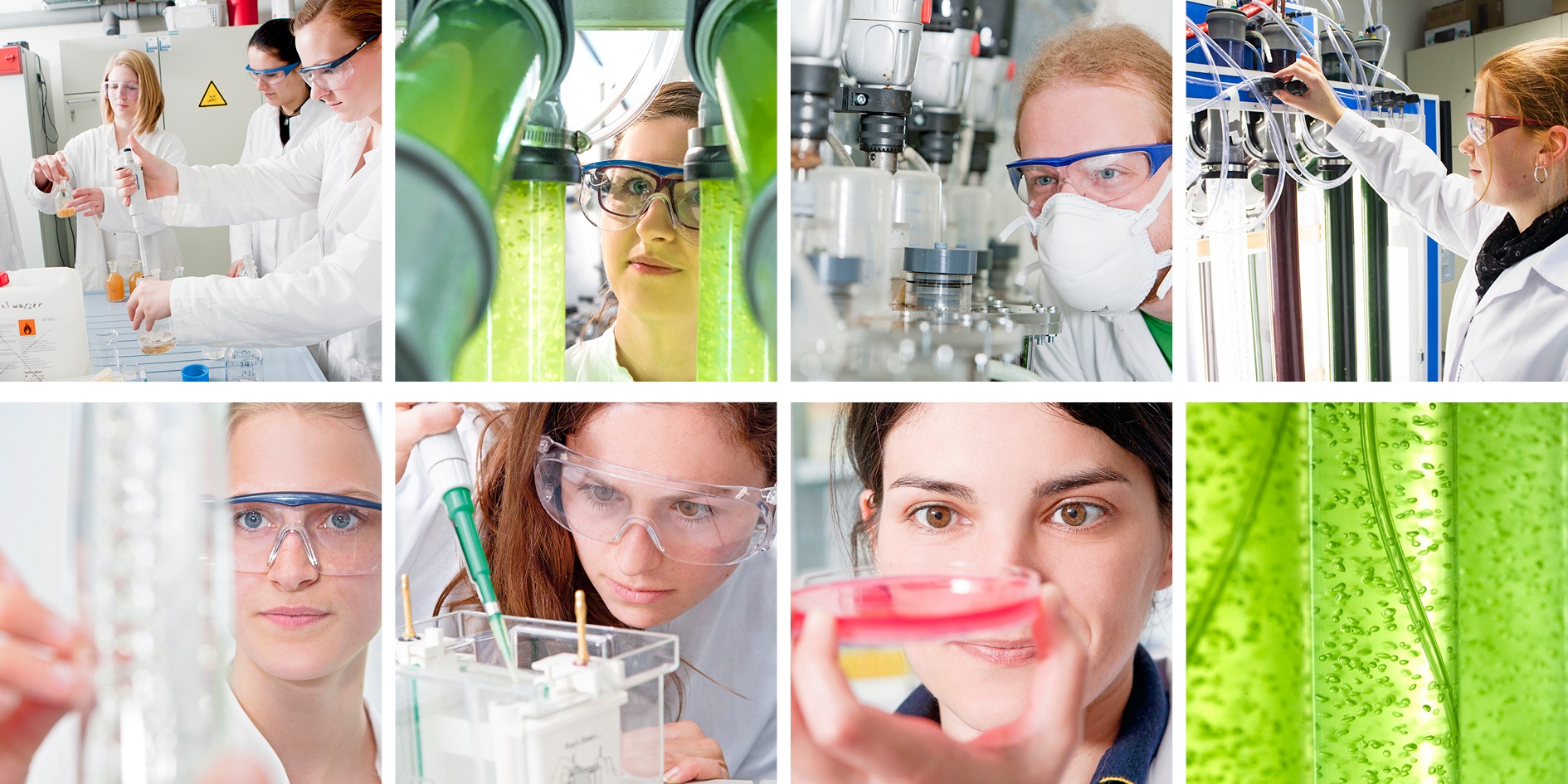
The task of biotechnology and environmental technology is to minimize environmental pollution wherever possible at the place of its formation and to develop plants in which waste, wastewater, waste gases and soil can be treated in such a way that the risk to humans and the environment is eliminated as far as possible. A key position here are biological processes. These also serve to develop renewable energy sources such as biogas, hydrogen, bioethanol and biodiesel. The increased use of renewable resources as a substitute for the dwindling fossil resources will play an increasingly important role in the future.
The study course Biotechnology and Environmental Engineering (BEE) is geared to the specific needs of medium-sized companies, public institutions, laboratories as well as industry. He offers a sound and application-oriented education for entry into professional practice in the field of biotechnology and environmental technology. The acquisition of a wide range of specialist knowledge qualifies you to start your career at national and international level.
Duration of study
7 semesters regular study period
If the studies are started in the summer semester, the duration can be extended by one semester.
Graduation
Bachelor of Engineering (B.Eng.)
Type of study
course
Full-time study
Language of instruction
German, optional partly English
Beginning
In the summer and winter semester
Admission
Admission free
Accreditation
ASIIN accredited degree program
The course contents are divided into:
Almost all lectures are accompanied by labs so that you have the opportunity to put what you have learned into practice immediately.
Consecutive Master studies (extra occupational)
After completing your studies, you can complete the master's program Energy Systems Engineering and choose between these specializations:
Degree: Master of Engineering (M.Eng.)